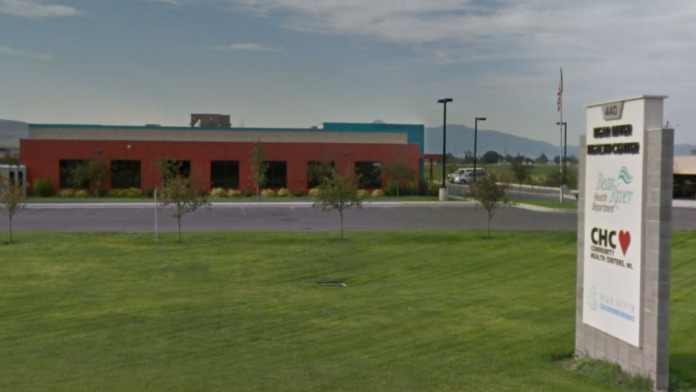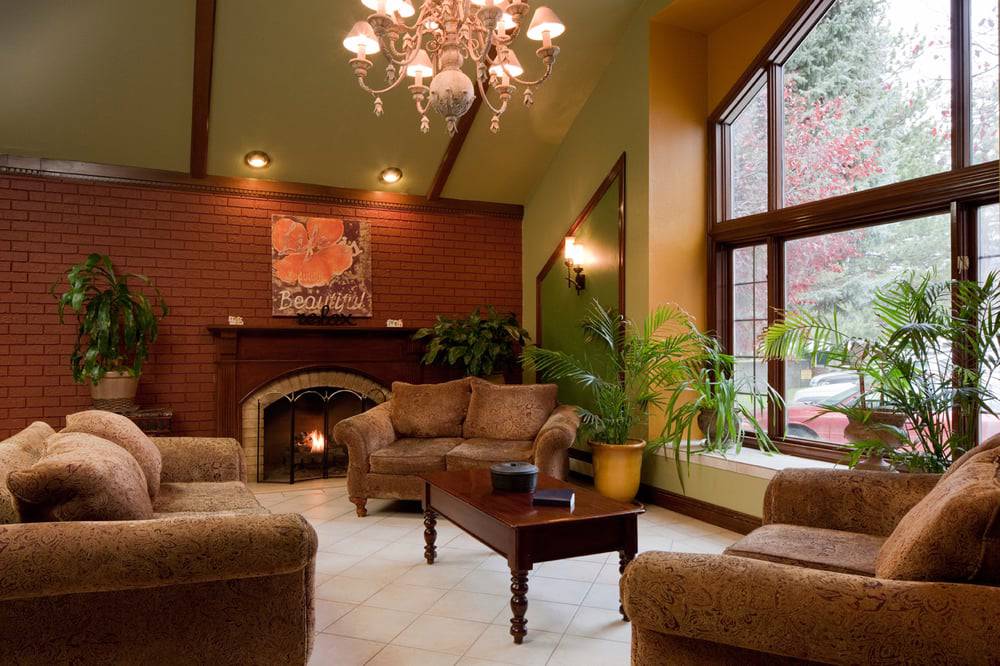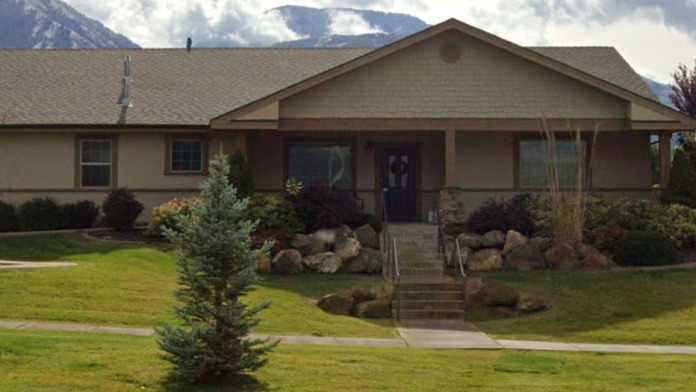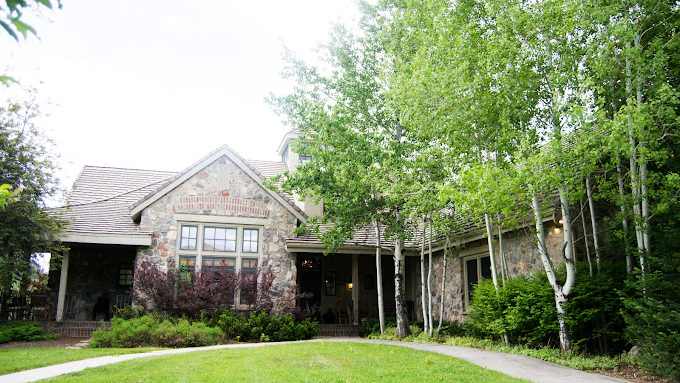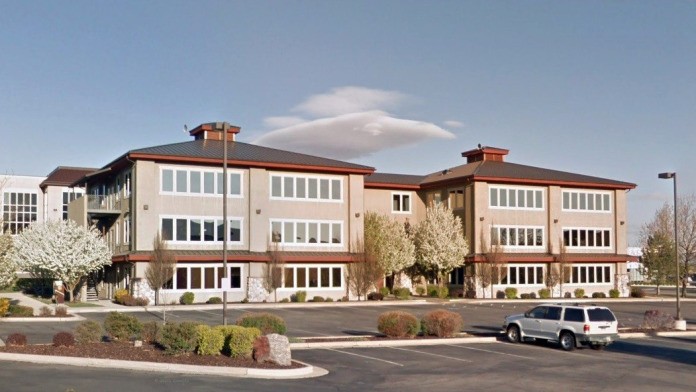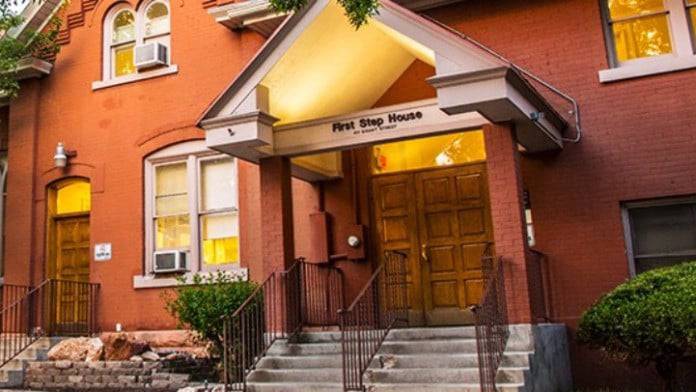The therapy offered by this place is excellent for teenagers who are facing problems, my son was in this program for three months and the therapists were wonderful with him, still asking to find out how he is, he is a new person since he visited this place. We are very grate ...
About Outback Therapeutic Expeditions – Closed
The now closed Outback Therapeutic Expeditions was an outdoor adventure program for youths facing troubles like substance abuse and behavioral concerns. They were based out of Sandy, Utah, but made use of the Lehi area for wilderness therapy. This was a short term program that typically lasted between 6 and 12 weeks.
The outdoor adventure model is centered on a mix of evidence backed practices and regular outdoor activities. This can help engage individuals with the world around them, build new skills, and find their inner strengths. Some past clients and their families described it as a transformative experience that gave them new perspectives on themselves and life.
Engrossed in Nature
I often mention the importance of spending time in nature during drug or alcohol addiction recovery. What you may find appealing about centers like this is that nature is integrated into the program itself, so you can experience those benefits during treatment. The adventure aspect also incorporates physical activity, providing another sobriety booster in the form of recreation.
All expeditions were led by professional guides and used professional outdoor equipment to emphasize the importance of safety. That said, many reviews pointed towards negative experiences with these expeditions. Complaints focused on unsafe conditions and traumatic experiences.
Family Involvement
The families of clients had their own roles to play in recovery. Weekly workshops taught them supportive skills they’d use when their loved ones returned. Parents were also involved in the transition plan following program completion to ensure everyone was in agreement on how to best move forward.
Small Groups
Many programs like this put clients together in small groups. This has two big benefits: it gives each teen more individualized attention from staff, and it better facilitates bonding between those in the program. It also makes delivering personalized care much easier for staff.
Latest Reviews
Rehab Score
Gallery
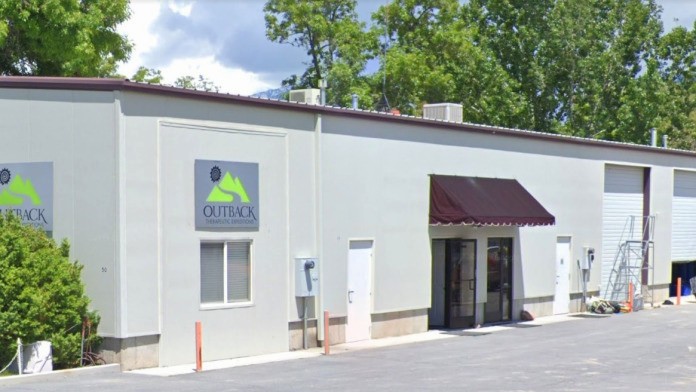
Other Forms of Payment
Self-pay involves paying for treatment out of your own pocket. You can use savings or credit, get a personal loan, or receive help from family and friends to fund your treatment. If you don't have insurance or your insurance plan doesn't cover a specific program, self-pay can help ensure you still get the care you need.
Addiction Treatments
Levels of Care
 Inpatient
Inpatient
Treatments
Many of those suffering from addiction also suffer from mental or emotional illnesses like schizophrenia, bipolar disorder, depression, or anxiety disorders. Rehab and other substance abuse facilities treating those with a dual diagnosis or co-occurring disorder administer psychiatric treatment to address the person's mental health issue in addition to drug and alcohol rehabilitation.
Mental health rehabs focus on helping individuals recover from mental illnesses like bipolar disorder, clinical depression, anxiety disorders, schizophrenia, and more. Mental health professionals at these facilities are trained to understand and treat mental health issues, both in individual and group settings.
Clinical Services
Cognitive Behavioral Therapy (CBT) is a therapy modality that focuses on the relationship between one's thoughts, feelings, and behaviors. It is used to establish and allow for healthy responses to thoughts and feelings (instead of unhealthy responses, like using drugs or alcohol). CBT has been proven effective for recovering addicts of all kinds, and is used to strengthen a patient's own self-awareness and ability to self-regulate. CBT allows individuals to monitor their own emotional state, become more adept at communicating with others, and manage stress without needing to engage in substance abuse.
Whether a marriage or other committed relationship, an intimate partnership is one of the most important aspects of a person's life. Drug and alcohol addiction affects both members of a couple in deep and meaningful ways, as does rehab and recovery. Couples therapy and other couples-focused treatment programs are significant parts of exploring triggers of addiction, as well as learning how to build healthy patterns to support ongoing sobriety.
Dialectical Behavior Therapy (DBT) is a modified form of Cognitive Behavioral Therapy (CBT), a treatment designed to help people understand and ultimately affect the relationship between their thoughts, feelings, and behaviors. DBT is often used for individuals who struggle with self-harm behaviors, such as self-mutilation (cutting) and suicidal thoughts, urges, or attempts. It has been proven clinically effective for those who struggle with out-of-control emotions and mental health illnesses like Borderline Personality Disorder.
Experiential therapy is a form of therapy in which clients are encouraged to surface and work through subconscious issues by engaging in real-time experiences. Experiential therapy departs from traditional talk therapy by involving the body, and having clients engage in activities, movements, and physical and emotional expression. This can involve role-play or using props (which can include other people). Experiential therapy can help people process trauma, memories, and emotion quickly, deeply, and in a lasting fashion, leading to substantial and impactful healing.
Research clearly demonstrates that recovery is far more successful and sustainable when loved ones like family members participate in rehab and substance abuse treatment. Genetic factors may be at play when it comes to drug and alcohol addiction, as well as mental health issues. Family dynamics often play a critical role in addiction triggers, and if properly educated, family members can be a strong source of support when it comes to rehabilitation.
Group therapy is any therapeutic work that happens in a group (not one-on-one). There are a number of different group therapy modalities, including support groups, experiential therapy, psycho-education, and more. Group therapy involves treatment as well as processing interaction between group members.
In individual therapy, a patient meets one-on-one with a trained psychologist or counselor. Therapy is a pivotal part of effective substance abuse treatment, as it often covers root causes of addiction, including challenges faced by the patient in their social, family, and work/school life.
Trauma therapy addresses traumatic incidents from a client's past that are likely affecting their present-day experience. Trauma is often one of the primary triggers and potential causes of addiction, and can stem from child sexual abuse, domestic violence, having a parent with a mental illness, losing one or both parents at a young age, teenage or adult sexual assault, or any number of other factors. The purpose of trauma therapy is to allow a patient to process trauma and move through and past it, with the help of trained and compassionate mental health professionals.
